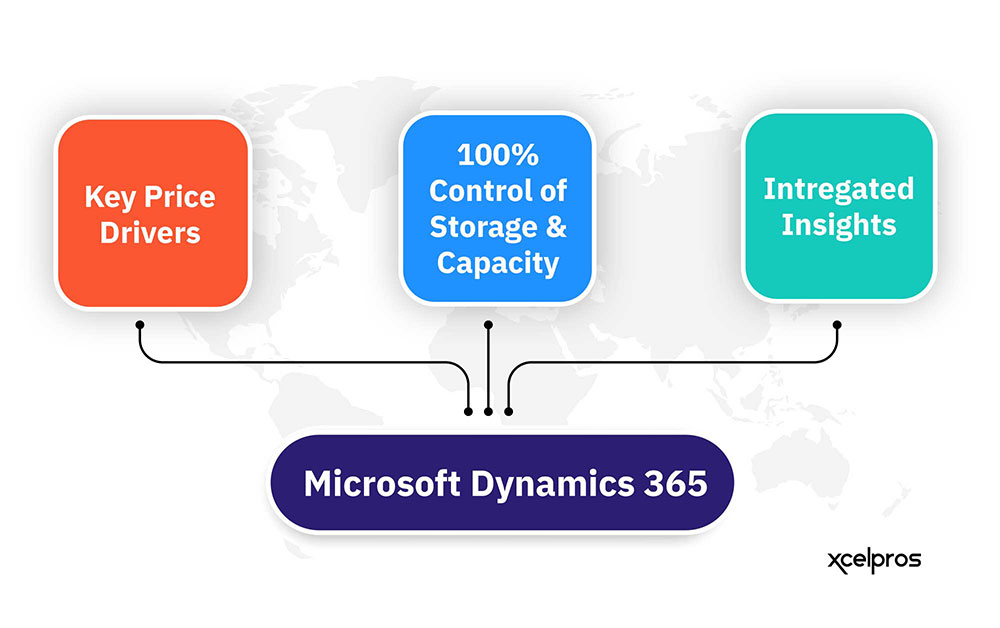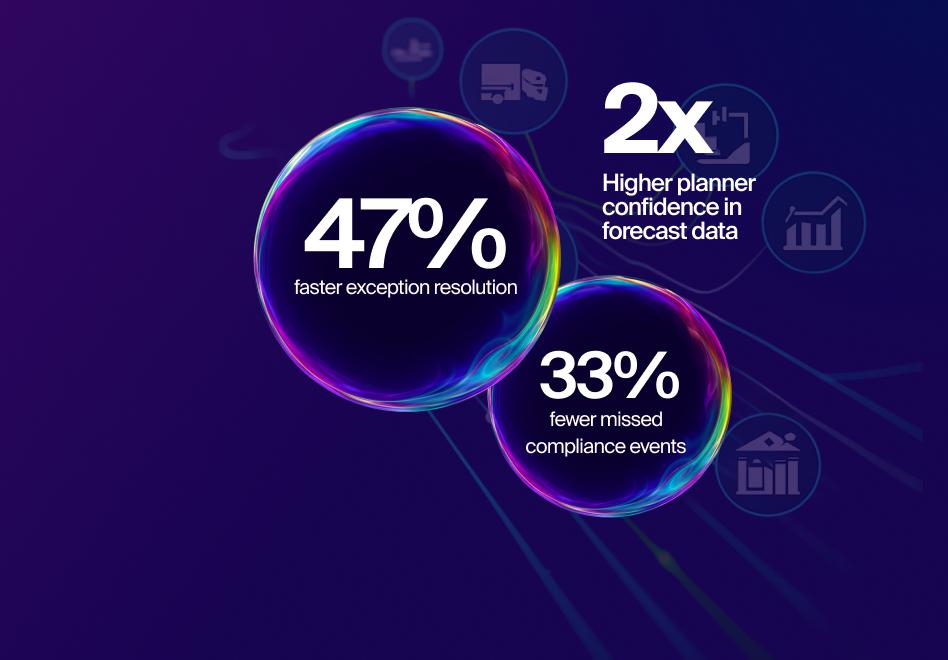One of the biggest challenges facing the chemical industry today is implementing dynamic pricing — predictive or strategic pricing- allowing you to adjust prices based on market demands and information.
With strategic pricing, companies can enjoy more consistency in sales, higher profits and faster inventory turnover (and therefore less risk associated with carrying excess inventory). Thanks to cloud computing and the power of Microsoft Dynamics 365. Implementing strategic pricing isn’t as complex or expensive as it may seem. Here’s how predictive pricing can work for you in the chemical industry.
The Basics of Dynamic Pricing
The chemical industry is one of the most competitive industries in the world. To remain competitive and maximise profits, chemical companies must use data-driven dynamic pricing strategies. To ensure their prices are aligned with the market and their products are priced competitively. Dynamic pricing involves using data-driven strategies such as predictive pricing and price optimization to determine optimal prices for each product, market, and customer.
Commonly used in retail, dynamic pricing has become an effective way for chemical companies to optimize their pricing strategy. By leveraging data-driven analysis and predictive analytics, companies can accurately forecast customer demand, spot market trends, and identify opportunities to set the right prices for each product and market. With this information, chemical companies can adjust their pricing regularly to reflect changing market conditions and customer needs.
For chemical companies looking to gain a competitive edge, implementing a dynamic pricing strategy with Microsoft Dynamics 365 is a good way to get started. Dynamics 365 provides data-driven insights, intelligent insights, automated pricing recommendations and predictive price optimization capabilities that enable companies to make strategic pricing decisions quickly and effectively.
Chemical companies can optimise their pricing strategy by leveraging Dynamics 365’s dynamic pricing tools. To ensure they stay ahead of the competition and maximize their profits by accurately forecasting customer demand and optimizing pricing. Companies can set the right prices for each product and market, ultimately increasing their bottom line.
Predictive Pricing
Chemical companies can also benefit from predictive pricing that allows them to optimize their prices in response to changing market conditions. By understanding the customer’s demand, the chemical company can set its prices according to the optimal price point for each individual customer. This helps the company remain competitive in the marketplace. As well as maintain a healthy profit margin. To be successful, predictive pricing requires three things:
- 1.Key price drivers
- 2.Full control of storage and capacity
- 3.Integrated insights
Figure 1:Predictive Pricing with Microsoft Dynamics 365

Microsoft Dynamics 365 is a great resource for chemical companies implementing a predictive pricing strategy. It enables users to access data quickly and easily, identifying key price drivers and making informed decisions about pricing and other business matters. Microsoft Dynamics 365 also provides customers with an intuitive platform to manage their accounts and business processes, enabling them to develop a comprehensive pricing strategy that meets their needs.
By leveraging predictive pricing with Microsoft Dynamics 365, chemical companies can better understand their customer base, anticipate changes in demand, and adjust their prices accordingly. This helps them stay ahead of their competition while optimizing profits and margins. The ability to quickly adjust prices based on real-time data helps chemical companies stay competitive and increase their sales.
Dynamic Price Optimization
Companies need to have the right pricing strategy to stay ahead. One of the most effective strategies that can be used is dynamic pricing, which allows companies to adjust their prices in real-time according to changes supply and demand. By leveraging data-driven dynamic pricing strategies, chemical companies can optimize their prices to maximize their profit margins and stay competitive.
Dynamic pricing relies on predictive analytics to inform pricing decisions based on customer behaviour, market trends, and other factors. With Microsoft Dynamics 365, chemical companies can access powerful data insights that allow them to understand market dynamics and react quickly to changing conditions. This real-time analysis helps companies set pricing strategies to maximize profits while still meeting customer demands.
By leveraging predictive analytics and dynamic price optimization, chemical companies can take a more strategic approach to pricing that allows them to react quickly and effectively to changes in the market. This data-driven approach allows them to adjust their prices in real-time based on current market trends and customer behaviour. Ensuring they remain competitive in a highly competitive industry.
Using dynamic pricing, chemical companies can optimize their pricing strategies with increased accuracy, providing customers with competitive prices while still maximizing profits. By leveraging Microsoft Dynamics 365, chemical companies can use powerful data insights to drive their pricing decisions and stay ahead of the competition.
Trade agreements and pricing
When it comes to pricing in the chemical industry, it is essential to have a well-defined strategy in place. Trade agreements and pricing structures are constantly changing, making it difficult for companies to forecast their financial performance accurately. Fortunately, data-driven dynamic pricing and predictive pricing in chemicals can help to address this challenge.
Trade agreements are the main way discounts and pricing is configured in D365 Finance and operations, defining the logic the system uses to set different prices. You can set up and enable trade agreements that control pricing (sales pricing, purchase pricing) and discounts (Line, Multiline, and Total discounts) for items, customers, and vendors. Once these agreements are configured, pricing and discounts can be applied to orders, invoices, and quotes.
Agreements are usually configured to apply to a specific Item Code by preference:
- Table – The first agreement the system looks for, targeting a single customer, vendor, or item.
- Group – If there are no agreements coded: Table, the system checks for agreements that can apply to a group of customers, vendors, or items.
- All – If agreements aren’t found coded for either Group or Table the system checks agreements that can apply to all customers, all vendors, or all items.
In total there are four types of agreements that can be activated:
- Price agreements – Sale and purchase pricing for items that can be different for a customer or Vendor.
- Line discounts – Line discounts for items that can be different for a customer or Vendor.
- Multiline discounts – Just like Line Discounts, only usable with the item code set to Group or All.
- Total discounts – Discounts for entire orders, these cannot be used with Group or Table item codes.
With the added power of Microsoft Dynamics 365, chemical companies can gain real-time insights into trade agreements, enabling them to adjust prices accordingly and remain competitive. In addition, using predictive pricing in chemicals can provide companies with insight into consumer demand and help them anticipate customer needs.
With data-driven dynamic pricing tools, companies can create an optimal price point to maximize revenue and profits while increasing customer satisfaction. Predictive pricing is a key element in crafting a successful pricing strategy in the volatile chemical industry.
Overall, dynamic pricing and predictive pricing in chemicals offer an opportunity for companies to gain a competitive edge by staying ahead of the curve. Using Microsoft Dynamics 365 to monitor trade agreements and adjust prices accordingly, chemical companies can remain competitive while optimizing their profitability.
Next Steps
With the advent of data-driven dynamic pricing, the chemical industry is constantly changing. Companies must stay on top of the game. Leveraging a pricing strategy built on data insights can help chemical companies increase profitability and stay ahead of their competition. To implement such a strategy, chemical companies should partner with industry experts familiar with predictive pricing models and Microsoft Dynamics 365.
Experts in the field understand how to use data-driven dynamic pricing to optimise profits. They can help chemical companies set up a pricing model that considers market conditions, competitors’ strategies, and customer demand. This allows chemical companies to set prices that will maximize their profits accurately. Experts can also assist with implementing price optimization tools using Microsoft Dynamics 365. To provide a comprehensive platform for the chemical industry to manage pricing and sales.
Another advantage of utilizing industry experts is that they can provide valuable guidance on creating a strategic pricing plan tailored to the company’s objectives and goals. With the help of experienced professionals, chemical companies can learn how to set prices that capture maximum value for their products and services. Moreover, these experts can offer real advice on maintaining dynamic pricing and other pricing models over time.
Implementing dynamic pricing and predictive models within the chemical industry requires expertise and insight. Industry experts have the knowledge and experience to help chemical companies create an effective pricing strategy to maximize profits and drive success.
Working with the right partner can help chemical companies leverage data-driven dynamic pricing, optimize prices and use Microsoft Dynamics 365 to make informed decisions about their pricing strategy. Contact us today to see how we can help.








